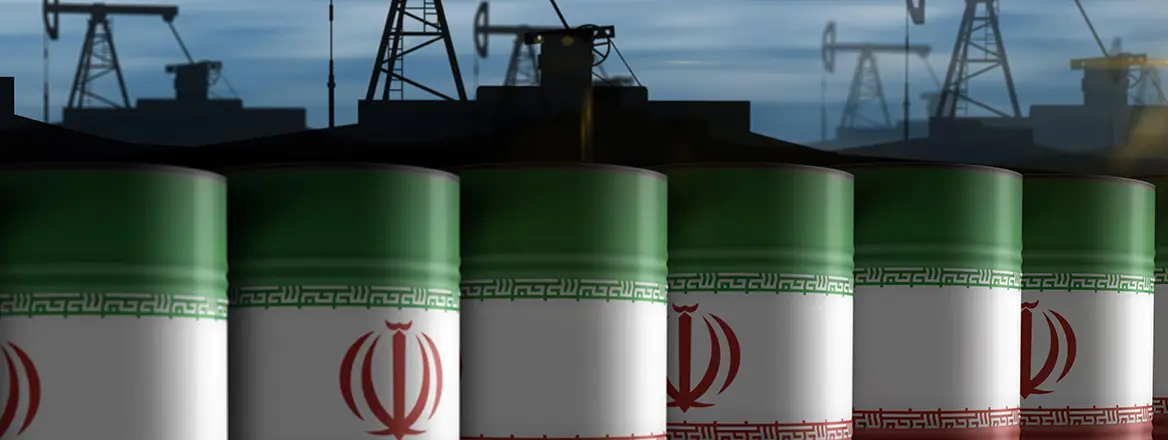摘要:
荷姆茲海峽位於伊朗與阿曼之間,是能源貿易的重要水道,約佔全球每日原油與石油產品貿易的20%。由於沙烏地阿拉伯與阿拉伯聯合大公國的管線替代選項有限,若海峽遭到封鎖,這些國家的石油出口也將受到阻礙。伊朗在與以色列及美國的衝突中威脅封鎖荷姆茲海峽,可能導致能源價格衝擊及戰略層面的影響。
- 俄羅斯入侵烏克蘭與胡塞武裝在紅海的攻擊等地緣政治事件,曾造成油價的不穩定。全球石油需求減和OPEC+國家自願性減產,則一定程度地緩和了這些衝擊,並讓市場維持可觀的備用產能。
- 關閉荷姆茲海峽會妨礙目前的石油出口和剩餘產能。
- 沙烏地阿拉伯與阿聯酋擁有備用產能,但只能透過荷姆茲海峽出口。
- 另一個替代方案則是受到西方制裁的俄羅斯。
- 伊朗對荷姆茲海峽的威脅,是石油行業長期以來關注的地緣政治問題。這也是伊朗對抗西方嚴厲制裁或對德黑蘭政府攻擊的一項嚇阻手段。
- 如果伊朗真的關閉荷姆茲海峽,將會對美國和以色列造成壓力,迫使其停止行動。然而,此舉也將招致國際社會對伊朗政權的更多譴責,並削弱伊朗與中國的關係。
- 伊朗關閉荷姆茲海峽具有更深遠的戰略影響:
- 由於大部分備用產能都是經由荷姆茲海峽運輸,或由俄羅斯生產,這將降低國際社會對俄羅斯石油實施額外制裁的政治意願。
- 然而,若伊朗的威脅低於預期,或伊朗與以色列的衝突以協議收場,將增加各國對俄羅斯石油實施針對性制裁的機會。
- 如今兩個主要產油國陷入衝突、關鍵水道受阻,石油市場將更加動盪,小型產油國則無法吸引投資。因此,石油市場的衝擊將更加頻繁且難以緩解。
Summary:
The Strait of Hormuz between Iran and Oman is a critical waterway for energy trade, accounting for around 20% of global daily crude oil and petroleum trade. As Saudi Arabia and the UAE had limited pipeline alternatives, closing the strait will impede oil exports from these countries. The closure of the strait, as Iran threatened amid its conflict with Israel and the U.S., will cause energy price shocks and strategic implications.
- Geopolitical events like Russia's invasion of Ukraine and Houthi's Red Sea attacks caused instability in the oil prices. Reduced oil demand and voluntary production cuts by OPEC+ countries cushioned the impacts and left the market with significant spare capacities.
- Closing the Strait of Hormuz will impede current oil exports and spare capacities.
- Saudi Arabia and UAE house the spare capacities but could only export them through the Strait of Hormuz.
- Another alternative is the Western-sanctioned Russia.
- Iran's threat to the Strait of Hormuz was a persistent geopolitical concern in the oil industry. It also became a deterrent against strenuous Western sanctioning efforts or attacks on the Tehran government.
- Should Iran follow through with its threats of closing the Strait of Hormuz, it will pressure the U.S. and Israel to cease hostilities. However, it will also invite more international condemnation of the Iranian regime and erode its relations with China.
- Iran's closure of the Strait of Hormuz had larger strategic implications:
- As most excess capacities pass through the strait or are Russian-produced, it will reduce the political willingness to impose additional sanctions on Russian oil.
- However, if the Iranian threat is lower than predicted or Iran and Israel's conflict ends with a deal, it will increase the chances of targeted sanctions on Russian oil.
- The oil market will be more volatile, with two major oil producers embroiled in conflict, major waterways disruption, and smaller oil producers unable to attract investments. Consequently, shocks will be more frequent and difficult to alleviate.

